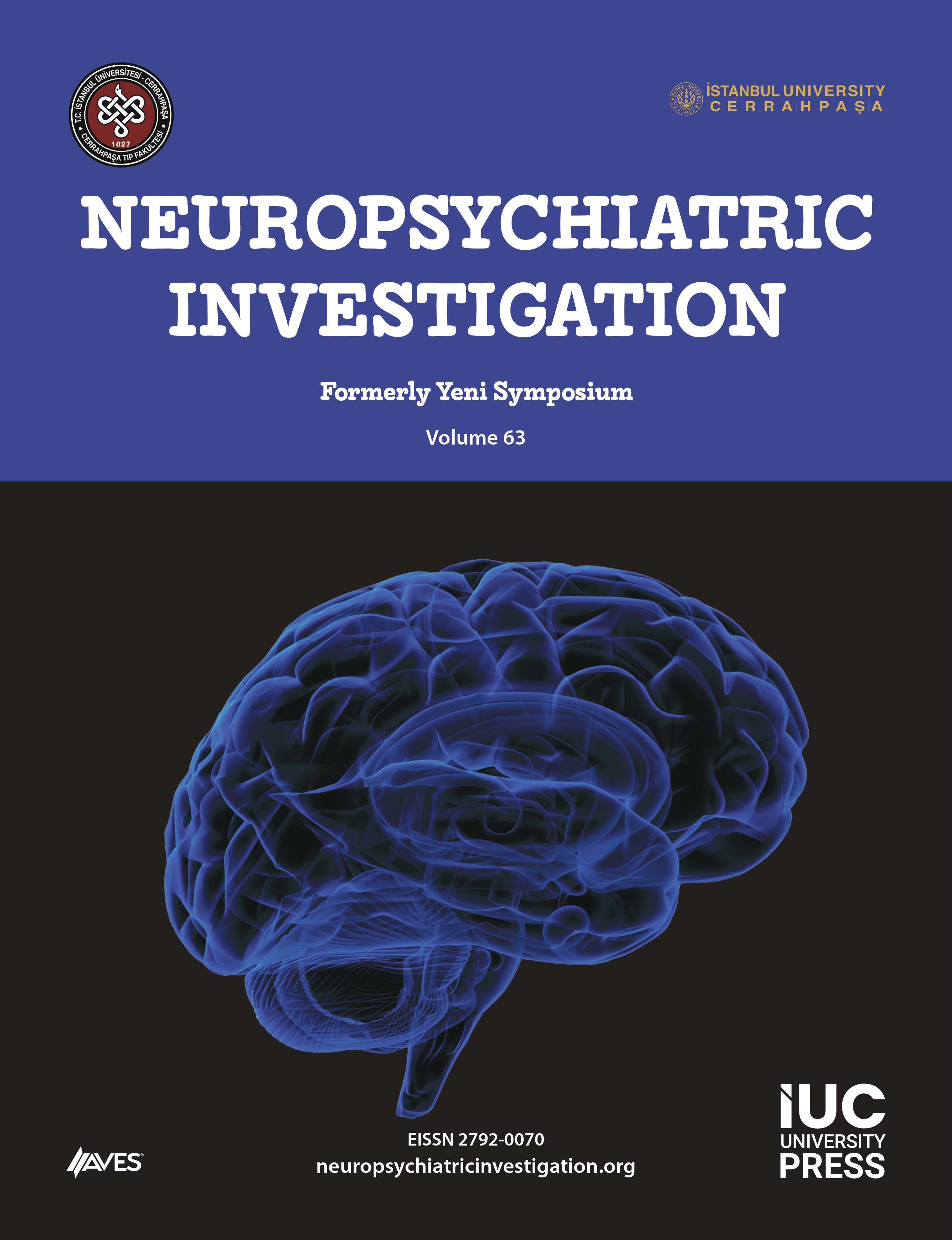Objectives: The aim of this study is to investigate the predictive effects of parental attachment, childhood traumas, locus of control, perceived social support and parental drinking on alcohol consumption of youth. Another aim is be tested possible mediation roles of locus of control and perceived social support.
Methods: The study has been carried out on 208 students keeping term at Ege University and Izmir University. Alcohol Use Disorders Identification Test (AUDIT), Childhood Traumas Inventory, Parental Bonding Inventory, Perceived Social Support Questionnaire and Rotter Locus of Control Questionnaire were administered to the students.
Results: After the analyses performed, it was observed that risky alcohol consumption was significantly predicted by independent variables called attachment to mother, external locus of control, childhood traumas and father’s drinking at childhood time period. In addition, it was found that locus of control was a partial mediator between childhood traumas and alcohol consumption, likewise perceived social support from friends was a partial mediator between attachment to mother and alcohol consumption.
Discussion: External the locus of control, more the childhood traumas, lower bonding to mother and father’s drinking a lot at childhood time period increase risky alcohol consumption of youth.




.png)